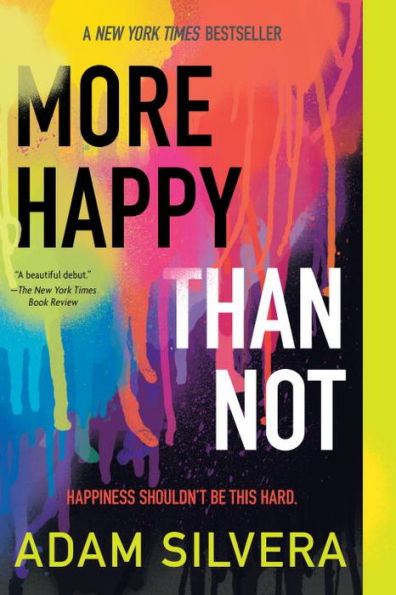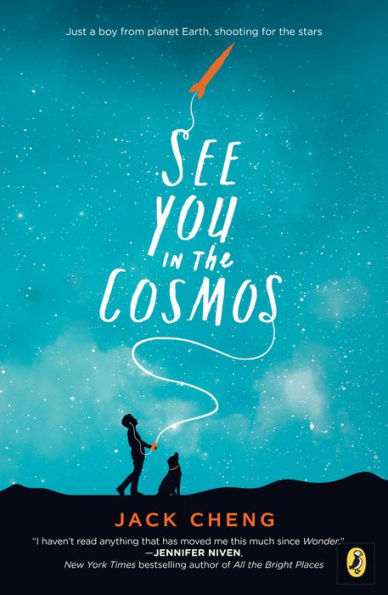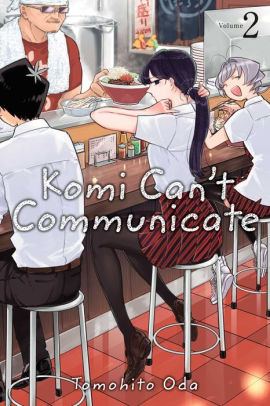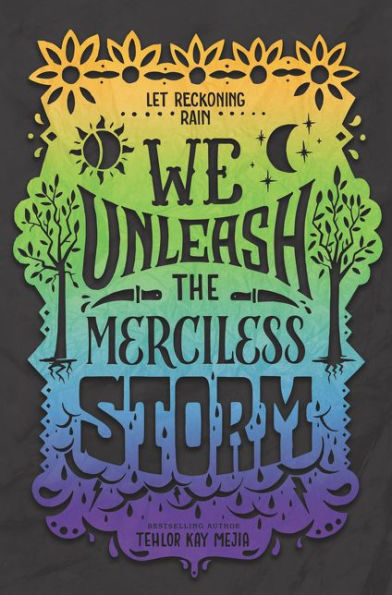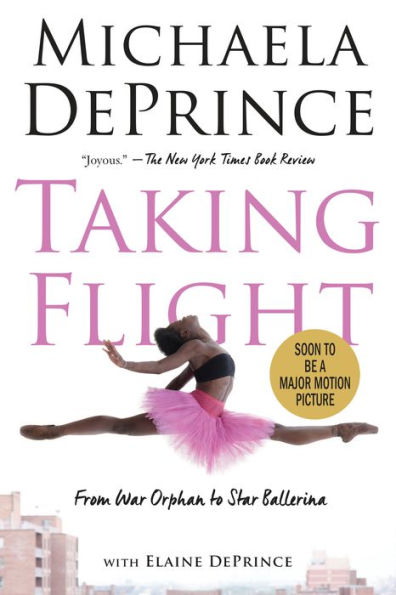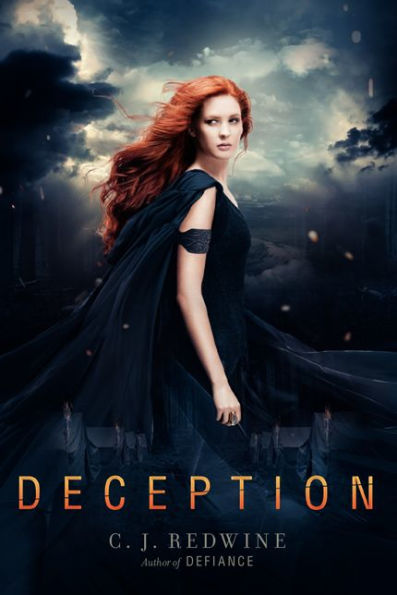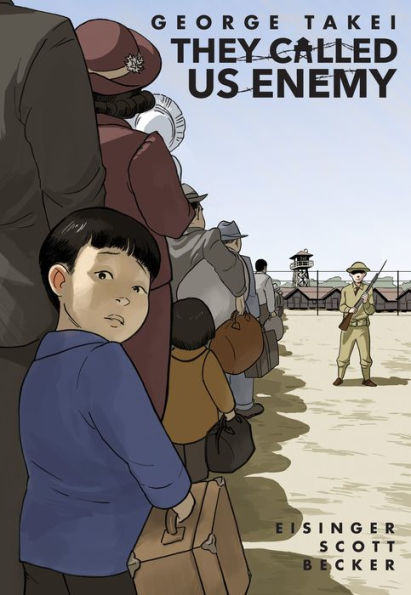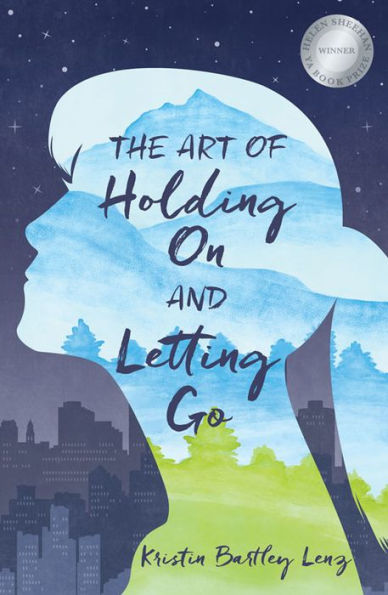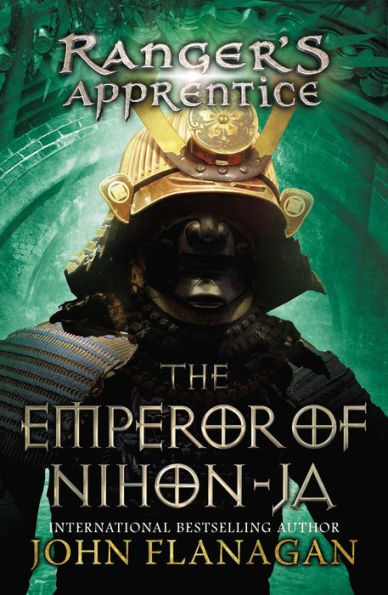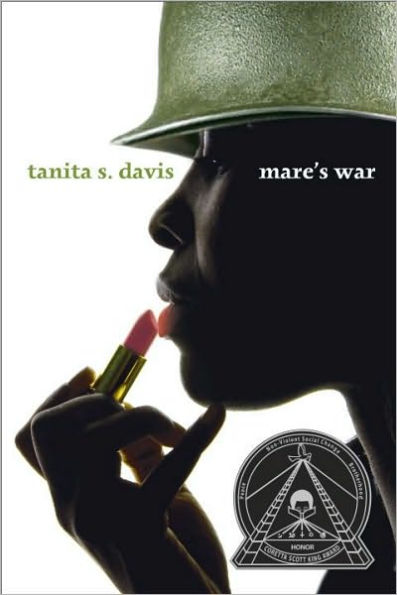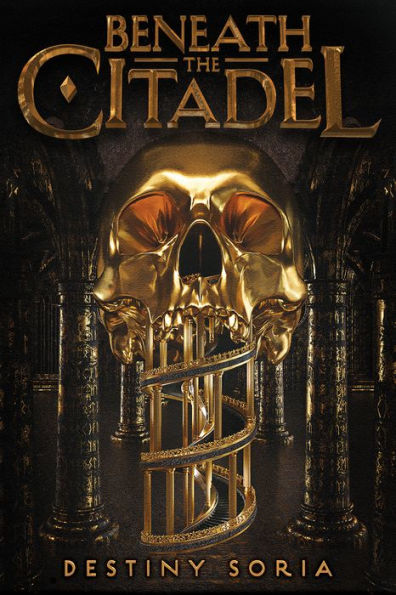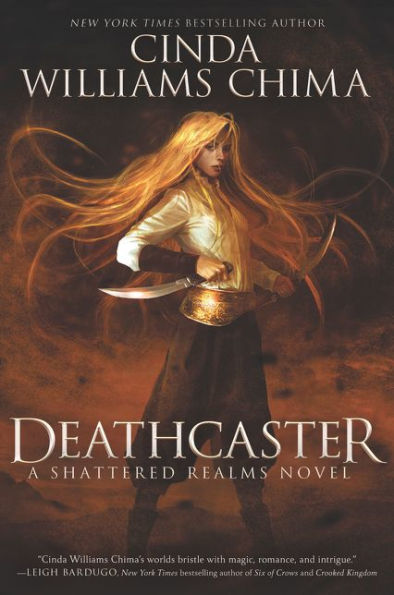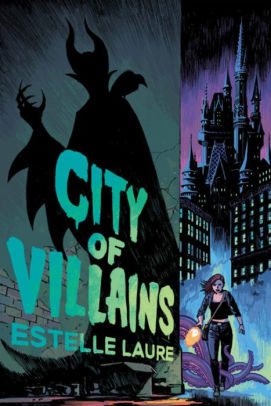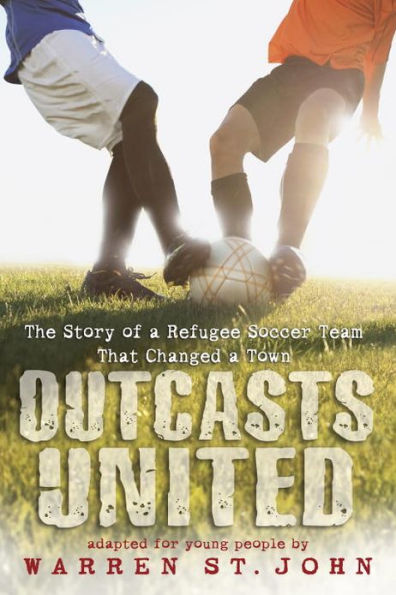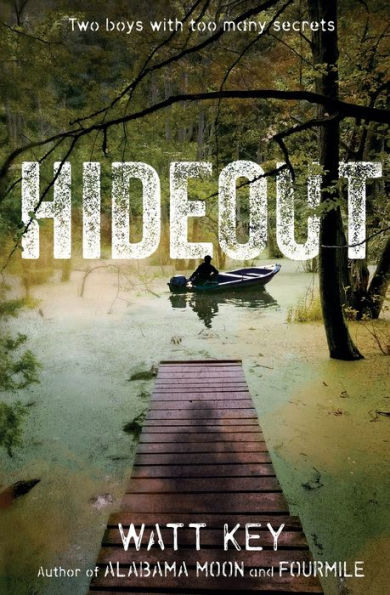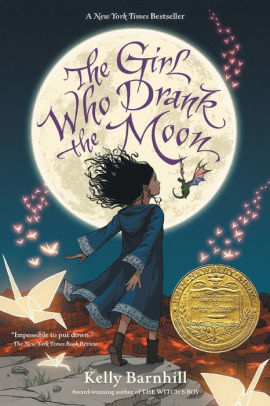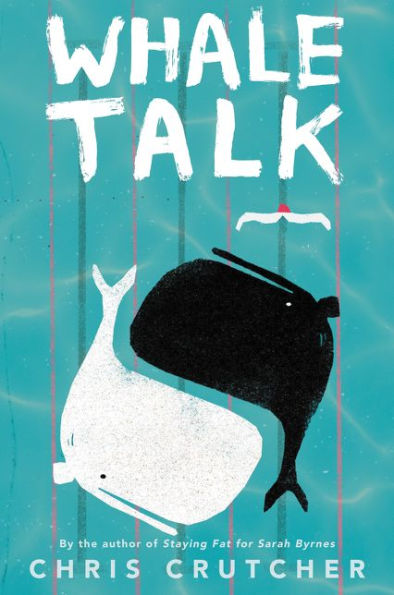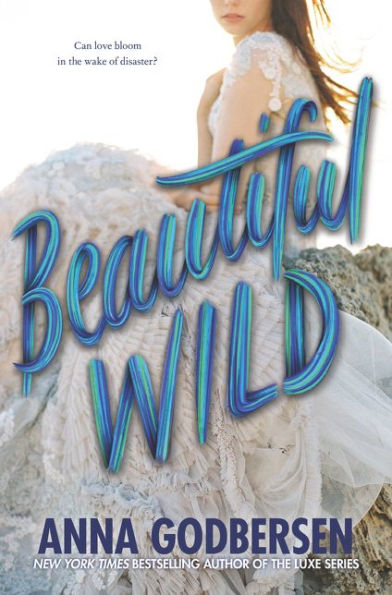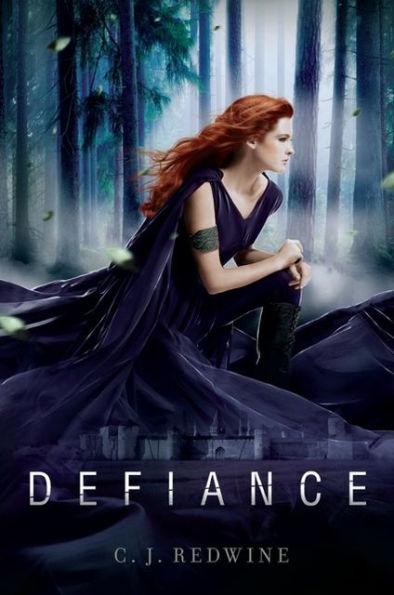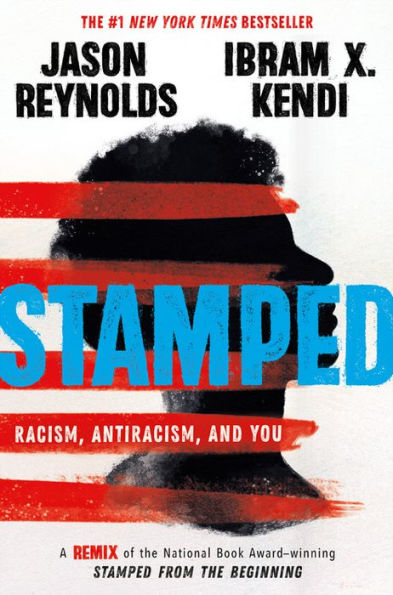Aaron struggles with his father’s seemingly meaningless suicide and his own attempted suicide. Through the process of coming to terms with his losses, Aaron leans on the support of his mother, brother, girlfriend, and friends. He has been with his girlfriend, Genevieve, since before his father’s suicide and she supported him after his own suicide attempt, solidifying her role as a central part of Aaron’s support system. Then, Aaron meets a boy from a nearby neighborhood, Thomas, who changes his entire life as he begins to fall in love with him.
Since Aaron can’t stay away from Thomas or turn off his newfound feelings for him, he considers turning to the Leteo Institute’s revolutionary memory-alteration procedure to straighten himself out, even if it means forgetting who he truly is.
More Happy Than Not follows Aaron’s journey of meeting a boy who changes his life in a way he has never experienced before. The story is told from Aaron’s perspective which allows the reader to understand Aaron’s internal struggles as he grapples with his sexuality. The reader follows Aaron’s feelings for his perfect girlfriend, which become complicated with his potential feelings for a new boy, Thomas. Aaron struggles with this internal battle of sexuality, his love and care for others, and internalized homophobia.
Following his regained memories, Aaron is upset that the Leteo procedure did not “fix” his sexuality. He confides in Genevieve, who reveals she was aware of his previous relationship a boy, and had helped him through the Leteo procedure in the hopes that it would help him love her the way she loved him. With the return of painful memories and a rejection by Thomas, the novel ends with Aaron considering whether or not he should undergo an additional Leteo procedure to take the pain away.
This raw novel highlights struggles of sexual identity, mental illness, suicide, grief, homophobia, and hate crimes. Aaron is a likable character with challenges that may be relatable to LGBTQ+ readers. More Happy Than Not is an engaging, suspenseful story that is difficult to put down. Yet Aaron’s experiences may be painful for some readers, especially those who have not yet come out. However, it is important that this story be told for LGBTQ+ youth who have faced discrimination as Aaron’s experiences explore how to move forward after painful experiences.
This sensitive and gruesomely realistic novel takes the reader on a journey of understanding Aaron’s inner conflicts. In the end, Aaron learns an important lesson and he decides, “I will do my best to always find the sun in the darkness because my life isn’t one sad ending – it’s a series of endless happy beginnings.”
Sexual Content
- Aaron’s girlfriend, Genevieve, insinuates she wants to have sex with Aaron, to which he thinks, “A sexy lightbulb flashes on. . . I remember something very crucial: Fuck, I have no idea how to have sex.”
- When preparing to have sex with Genevieve, Aaron thinks, “I am so screwed later on. Okay, poor choice of words . . . I was hoping I could watch an unhealthy amount of porn to memorize techniques. . . I’ve considered maybe watching porn in the morning while he’s [his older brother] knocked out, but even naked bodies can’t wake me up.”
- When preparing to have sex, Aaron consults his friends. A friend states, “Fuck all that. I boned a bunch of girls just so I could get off and get better.”
- When Aaron has sex with Genevieve, in-depth details aren’t given, but kissing and undressing are discussed. Aaron broke “free from her not-so-tight grip, slide up on her, and kiss her lips and neck…She pulls my shirt off and it sails over my shoulder. . . I take off her shirt and leave her in a bra. She unzips my jeans and I kick them off with much awkward difficulty.”
- Aaron discusses having sex with Genevieve. “Skinny-Dave wanted to know how many times we did it (twice!) and how long I lasted (not long but I lied).”
- Aaron thinks back to when his best friend said, “Yo! I just got my first blow job!”
- In his recovered memories, Aaron recalls a previous romance with his classmate, Collin. As they grew closer Aaron wanted to move forward in their relationship physically. “Collin has already lost both of his virginities. He got it on with this girl Suria when he was fourteen, after she gave him a hand job under the bleachers in the gym. Then he let this guy plow him last year when he was vacationing in the Poconos. I still have both of my virginities to lose. . . I want to take it to the next level with Collin.”
- Once Aaron recovers his memories, he remembers he had sex with Collin multiple times. Aaron thinks back to when he tackled Collin “against the wall, unbuttoning his shirt, and it’s all condoms and awkward first memories from there.”
Violence
- The book opens with Aaron thinking of his father’s suicide and his own suicide attempt. “I trace the smiling scar, left to right and right to left, happy to have a reminder to not be such a dumbass again.”
- Aaron shares a long hug with Thomas. When Aaron’s friends see him, they jump him. During the fight, Aaron thought, “I don’t know where we’re going until we crash through the glass door of my building and I am sprawled across the lobby floor. There’s an explosion in the back of my head, a delayed reaction. Blood fills my mouth. This is what death feels like, I think. I scream like someone is turning a hundred knives inside of me, spitting up blood as I do.”
- When Aaron recovers his memories, he angrily remembers how his friend’s brother died. “Kenneth was fucking gunned down yesterday and it’s all Kyle’s fucking fault. Kyle couldn’t fucking help himself and just had to fucking fuck Jordan’s fucking sister, even though we all fucking knew Jordan is the kind of fucking guy who would fucking kill someone if you fucking crossed him. Those bullets were fucking meant for fucking Kyle but no, they fucking found their way into fucking Kenneth when he was fucking innocently coming home from his fucking clarinet lessons at school.”
- When Aaron remembers coming out to his father, he recalls his father’s violence. Aaron’s father said, “ ‘I’ll fucking throw him out myself.’ My mom guards me. Dad wraps his big hands around her throat, shaking her. . . I run over, grab his TV remote, and hit him so hard in the back of his head with it that the batteries pop out. . . My dad – the man who fucking played catch with me – punches me in the back of my head. . .””
- Aaron was sitting close to Collin in a park and two guys yell, “Yo. You two homos faggots?” Then the two guys jump Aaron and Collin. “One slams my head into the railing, and the other hammers Collin with punches. I try punching the first guy in his nose. . . I have no idea how many times he punches me or at what point I end up on the sticky floor with Collin trying to shield me before he’s kicked to the side. . . His kind brown eyes roll back when he’s kicked in the head.”
- When Aaron gets home after being jumped, he enters his bathroom to find his dead father. “When I see who’s sitting in the bathtub, I drop the shirt and blood just spills down my face and chest. Holy shit. Dad. His eyes are open but he’s not looking at me. He didn’t take his clothes off before getting into the tub. The water is a deep red, stained by the blood spilling from his slit wrists. He came home to kill himself. He came home to kill himself before I could bring a boy here. He came home to kill himself because of me. All this blood. All this red makes me black out.”
Drugs and Alcohol
- Aaron and his friends frequently drink together. For example, Aaron and his friends are in high school and sneak onto the roof top of Thomas’s apartment complex to drink and party together. During one of these parties, Genevieve goes to find Thomas and Aaron, who are talking in Thomas’s room, and she shouts, “Is party central happening down here now? Let’s go up and drink! Wooooo!”
- In addition, Aaron and his friends drink in excess. However, when they drink in excess they make a point to not drive. Aaron noticed Genevieve had been drinking heavily and says, “Genevieve is pretty damn drunk and needs to get home.” Then Aaron calls a taxi to drive her home.
Language
- Dumbass is used frequently by Aaron and his friends. For example, Aaron uses the word “dumbass” to refer to himself after attempting suicide.
- When jokingly trying to get his girlfriend to break up with him, Aaron calls her a “bitch.”
- Profanity is used excessively. Profanity includes ass, fuck, dick, holy shit, and shit. For example, when asking his friends how to properly have sex with his girlfriend, he responds to their remarks by saying, “Thanks, asshole. Help me not fuck this up.”
- Aaron says, “It feels like a dick move to take a girl’s virginity without some kind of present.”
- The term “faggot” is routinely used in a derogatory manner. For example, Aaron’s friends call him a “faggot” and Aaron’s dad yells, “I’ll be damned if I’m alive the day you bring a boy home you fucking faggot.”
Supernatural
- None
Spiritual Content
- None
by Paige Smith
